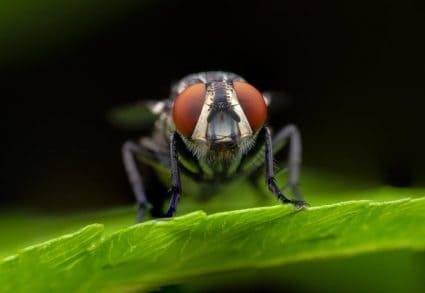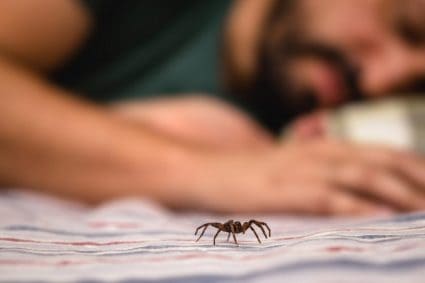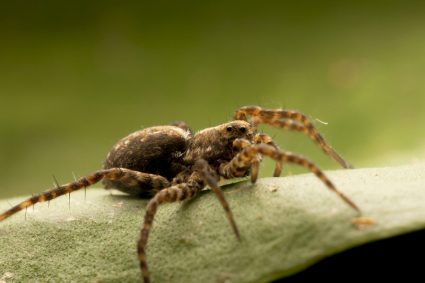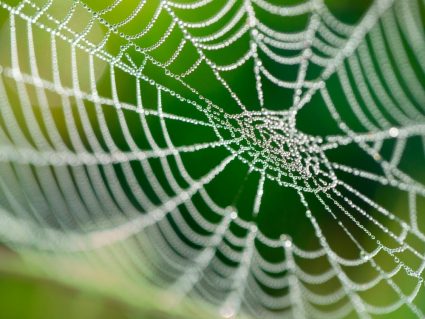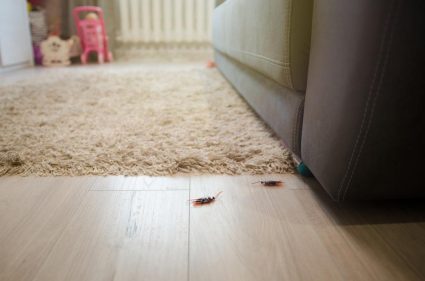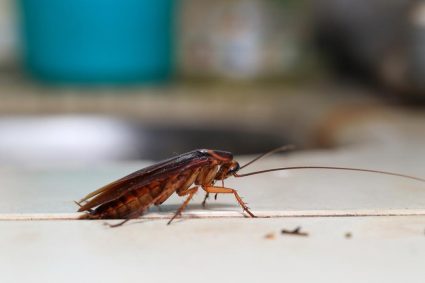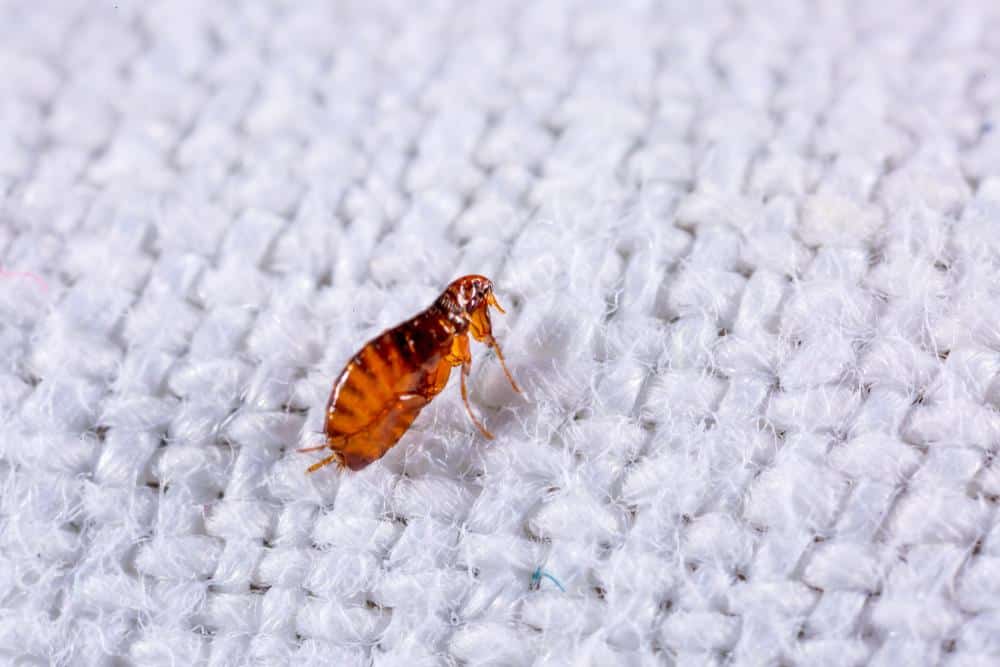
Flea bites can be a nuisance, causing discomfort, itching, and sometimes leading to more serious health issues. If you’ve been bitten by a flea, you’re likely wondering how long these symptoms will last. The duration of flea bite symptoms can vary greatly, depending on several factors. This article will delve into the details of flea bites, their healing process, potential complications, and preventive measures.
Flea bites generally last only a couple of days, specifically within 24 to 48 hours. However, the duration can vary based on individual sensitivity, with those allergic to flea bites potentially experiencing symptoms for up to a week. Factors such as the severity of infestation, scratching the bites, and environmental conditions can also influence the duration of flea bite symptoms.
What Are Flea Bites?
Flea bites are small, discolored bumps on the skin resulting from fleas feeding on human blood. They often appear in clusters of three or four or in a straight line. The bumps are usually red, swollen, and intensely itchy. In some cases, a halo or ring may form around the bite. Flea bites are commonly found on the legs and feet of humans.
How Long Do Flea Bites Last?
Flea bites generally last only a couple of days, but the duration depends on the individual being bitten and their sensitivity to the bites. In most cases, flea bites last within 24 to 48 hours. However, if you develop some kind of reaction to the flea bite, it may take longer to heal. For those who are allergic to flea bites, the healing process may take up to a week.
Factors Influencing the Duration of Flea Bite Symptoms
The duration of flea bite symptoms can be influenced by several factors:
- Individual Sensitivity: Some people may have a stronger allergic reaction to flea saliva, causing more severe itching and swelling.
- Presence of Flea Allergy: Flea allergy dermatitis (FAD) can cause intense itching and last longer than a typical flea bite.
- Severity of Infestation: A higher number of flea bites can lead to more severe symptoms and a longer duration of discomfort.
- Scratching the Bites: Scratching can cause secondary infections and prolong the healing process.
- Environmental Factors: Flea survival and reproduction rates depend on factors such as climatic conditions, influencing the duration of symptoms.
Potential Complications from Flea Bites
Flea bites can potentially lead to complications, including allergic reactions and secondary infections. Fleas can also be vectors for diseases and parasites such as flea-borne (murine) typhus, Yersinia pestis, and parasitic infections.
Effective Treatments for Flea Bites
To speed up the healing process of flea bites, consider the following treatments:
- Apply an ice pack on the bite site to prevent swelling and itching.
- Wash the site with antiseptic soap and apply an antibiotic ointment.
- Use over-the-counter anti-itch creams or ointments and antihistamines.
- Apply aloe vera to calm down redness and swelling.
- Use diluted white vinegar for temporary relief.
- And more…
Preventive Measures for Flea Bites
To avoid flea bites, consider the following preventive measures:
- Keep pets free of fleas with flea control products.
- Use insect repellents on your skin.
- Wear protective clothing.
- Treat clothing and gear with permethrin.
- Maintain a clean home environment.
- Use environmental control products to eliminate flea infestations.
By understanding how long flea bites last and the factors influencing their duration, as well as potential complications and treatments, you can better manage and prevent flea bites. Always consult a healthcare professional if symptoms persist or worsen.
Frequently Asked Questions
Can flea bites transmit diseases to humans?
Yes, fleas can transmit diseases to humans. They are known to be vectors for diseases such as flea-borne (murine) typhus and Yersinia pestis (the bacteria responsible for plague). They can also transmit parasites like tapeworms.
Can flea bites look similar to other insect bites?
Yes, flea bites can often be mistaken for other insect bites, such as those from mosquitoes or bed bugs. The key difference is that flea bites are usually found on the lower half of the body, especially around the ankles, and often appear in clusters or lines of three or four.
What’s the best way to stop flea bites from itching?
To relieve itching from flea bites, you can apply an ice pack to the bite site, use over-the-counter anti-itch creams or ointments, take an antihistamine, apply aloe vera, or use diluted white vinegar for temporary relief.
What are the signs of an allergic reaction to flea bites?
Signs of an allergic reaction to flea bites include intense itching, hives, swelling around the bite site, rash, and in severe cases, difficulty breathing. If you experience these symptoms, seek medical attention immediately.
How can I prevent fleas in my home?
To prevent fleas in your home, keep your pets free of fleas using flea control products, maintain a clean home environment, and use environmental control products to eliminate any existing flea infestations. Regular vacuuming and washing of pet bedding can also help in flea prevention.



